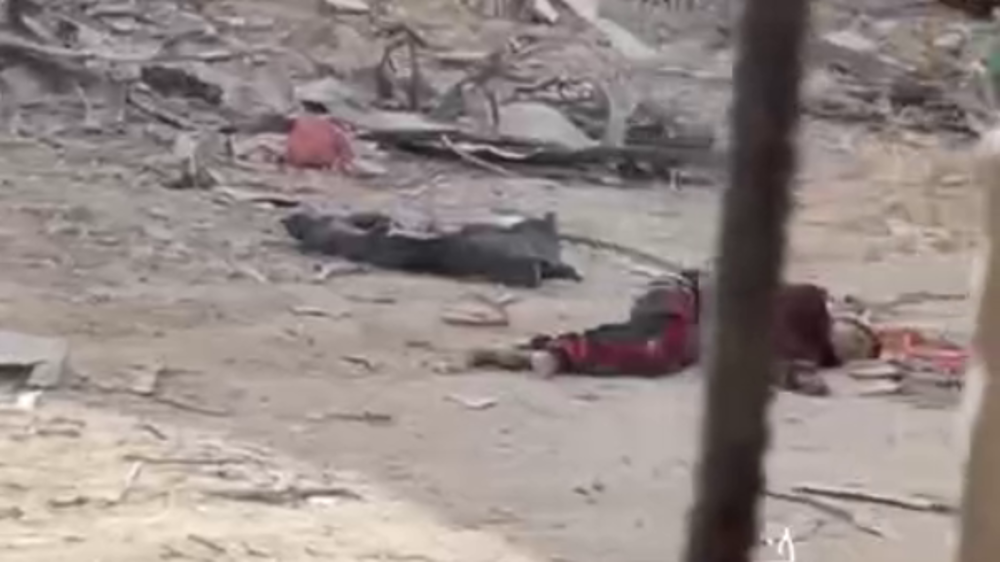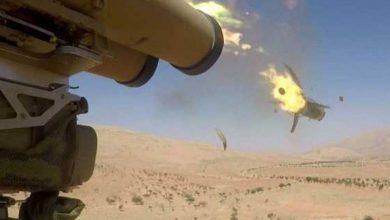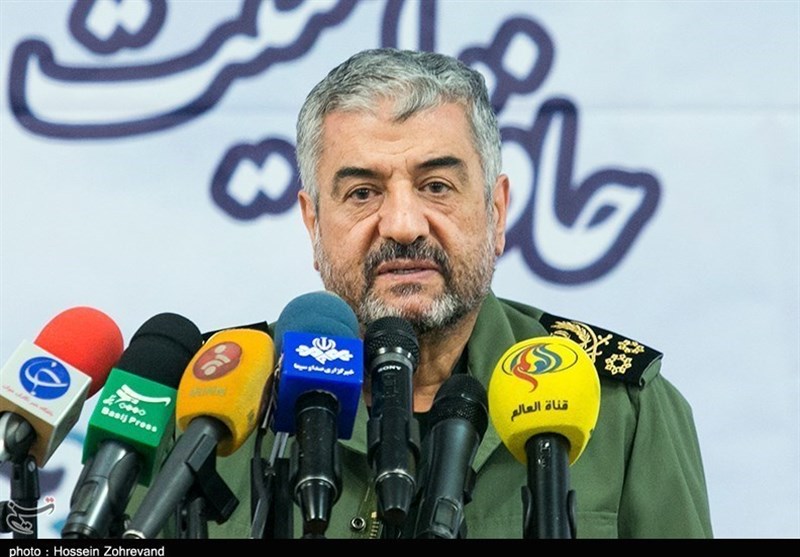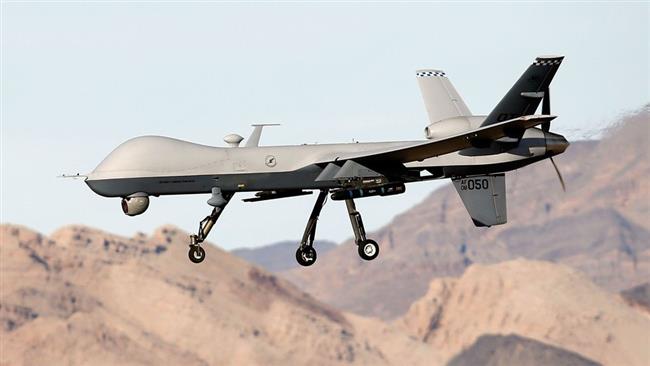In Tel Aviv and al-Quds, thousands participate in demonstrations opposing the regime, calling for the release of captives
Thousands of settlers participated in weekly protests opposing the Israeli government's actions and Prime Minister Benjamin Netanyahu's management of the conflict in Gaza. The demonstrators demanded a cessation of hostilities and the release of individuals held captive in the blockaded region.
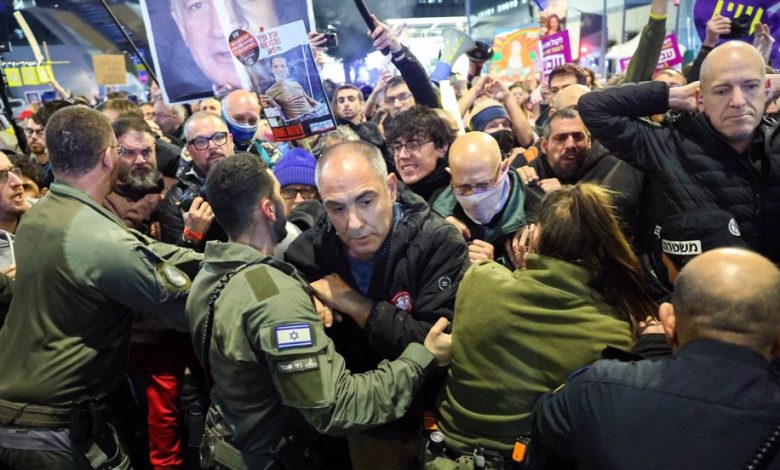
Demonstrators gathered in the streets of Tel Aviv and the occupied city of al-Quds on Saturday evening, as reports surfaced of confrontations emerging between the protestors and law enforcement authorities.
During a gathering of approximately 1,500 demonstrators in Tel Aviv, speakers urged U.S. President-elect Donald Trump to persuade Israeli Prime Minister Benjamin Netanyahu to halt the ongoing conflict in Gaza. They appealed for a ceasefire agreement with Hamas, the Palestinian resistance organization, to facilitate the return of Israeli captives.
Family members of the hostages have called on the public to participate in large numbers in the regular Saturday evening protests.
Shahar Mor, whose relative is among those held captive, has urged a halt to the provision of weaponry for what he terms a “revenge campaign” in Gaza. This plea comes amid revelations from US sources that President Joe Biden, in the closing days of his administration, is pursuing congressional approval for an $8 billion arms agreement with Israel.
In Tel Aviv, demonstrators clashed with police as they lit bonfires and carried burning torches, obstructing the roadway in a tense confrontation with authorities attempting to restore order.
Video footage captured scenes of mounted police advancing towards crowds, while officers were seen pushing back demonstrators attempting to prevent them from removing individuals from the roadway.
At least five individuals were taken into custody in Tel Aviv, according to reports from the Walla news website, which mentioned the arrest of four demonstrators outside Prime Minister Netanyahu’s residence in occupied al-Quds.
Amid ongoing negotiations in Doha, Qatari mediators are engaged in talks with delegations from Israel and Hamas, seeking to broker a ceasefire agreement and facilitate the return of captives detained in Gaza.
Negotiations experienced a hiatus of approximately ten days after Israeli Prime Minister Benjamin Netanyahu recalled the Israeli delegation from Qatar for consultations prior to the inauguration of U.S. President Donald Trump.
In a significant escalation following its unprecedented operation on October 7, 2023, Hamas has reportedly taken captive at least 250 Israeli soldiers and settlers from the occupied territories.
In a week-long truce last November, a resistance group freed 105 captives as part of a deal to exchange them for 240 Palestinian prisoners, who they claimed were being held unlawfully in Israeli detention facilities.
The majority of Israeli hostages remain in Gaza, although a number have perished due to ongoing Israeli airstrikes over the last 15 months. This situation has emerged as a formidable challenge for Prime Minister Netanyahu’s administration.
Hamas has accused Israeli Prime Minister Benjamin Netanyahu of bearing direct responsibility for the deaths of dozens of hostages, blaming him for the breakdown of ceasefire negotiations.
The Gaza-based resistance movement has consistently emphasized the necessity for “a ceasefire, the withdrawal of occupation forces, and the execution of a prisoner exchange agreement” as prerequisites for the release of Israeli captives.
Israeli Prime Minister Benjamin Netanyahu has consistently hindered mediation efforts aimed at achieving a ceasefire and securing the release of captives held by Palestinian factions in Gaza.
Fifteen months into the offensive in Gaza, the Israeli government in Tel Aviv has not met its stated aims of dismantling Hamas and securing the release of hostages. This comes despite reports indicating the deaths of over 45,700 Palestinians, predominantly women and children.

